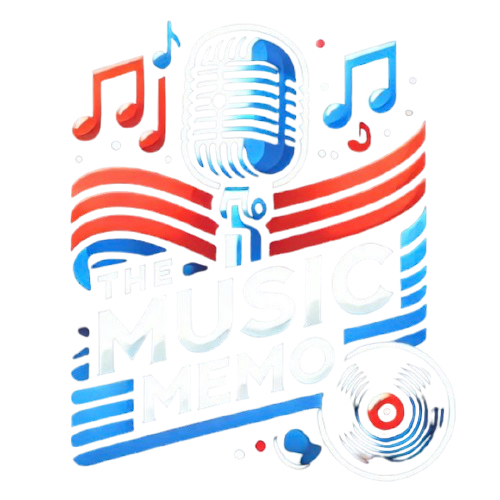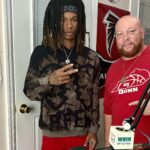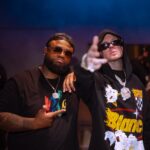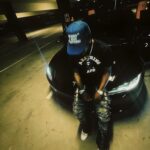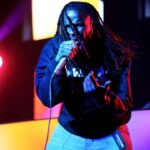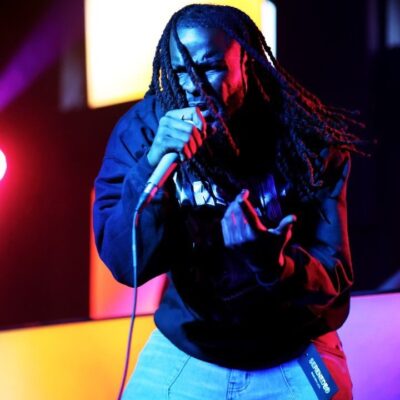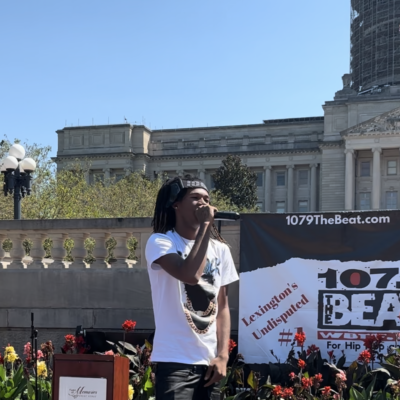noBIG's famous “Juicy,” which turns 30 this week, tells the story of a Brooklyn, New York rapper's rise to the top, a self-fulfilling prophecy that gave Biggie his big hit. But the song samples funk group Mtume's synth-laden “Juicy Fruit,” which has a rich history in hip-hop since topping the Billboard R&B chart for two months in 1983. The track is the basis for Warren G's 1994 G-funk epic “Do You See,” Faith Evans' 2001 “Faithfully,” Keyshia Cole, Missy Elliott, and Lil' Kim's 2007 “Let It Go,” and Saweetie's 2022 empowerment anthem “Pussy.” In all, more than 100 songs, mostly rap tracks, have used Juicy Fruit in some form, thanks to its blend of nostalgia, sensuality, and some seriously good drum programming.
“'Juicy Fruit' was on the border between R&B and hip-hop,” says Mtume bandmate Phil Field, who played keyboards and sang backing vocals on the original, recorded at Ears Recording Studios in New Jersey. Before his death in 2022, bandleader James Mtume said he finished the song in less than two hours during a late-night session. Afterwards, he frantically called Mtume vocalist Tawassa Agee in London, where Agee was doing backing vocals on Roxy Music's Avalon tour. Recalled back to the U.S., Agee recorded a sexy version of “I'm your lollipop. You can lick me anywhere you want” in one night before flying back to the U.K.
Field said many rap artists like the sound of “The After Six Mix,” a reprise of “Juicy Fruit” from the same album. On this mix, Field's keyboards are even more prominent. “A lot of people want to hear keyboards. I'm not bragging, I'm just saying,” Field says with a laugh. “They start on part two.”
The song became a favorite of Trackmasters, the Brooklyn producing duo behind many of hip-hop's greatest beats of the '90s. Jean-Claude Olivier, AKA Polk, heard it repeatedly played by a childhood best friend after they split in 1984. Olivier ended up living and recording in Scarsdale, New York for two months in the winter of 1993 with Sean Combs, then known as Puff Daddy and now facing a string of sexual misconduct lawsuits, and producing hits for Mary J. Blige, Faith Evans, Total, Craig Mack, Usher and The Notorious B.I.G.
At the time, Combs had been fired from Uptown Records and had started his own label, Bad Boy Records. Polk and Combs met at the Hit Factory in New York, where Combs brought in a Juicy Fruits record. “He was like, 'Dude, let's flip this shit,'” Olivier says. Olivier returned to the studio with a beat that sampled the record. Biggie wasn't immediately impressed. “Big sat on the couch and was like, 'Dude, this is shit, I don't care,' like he didn't like the record.” Still, he got in the booth and started rapping. “Big doesn't write anything,” Olivier says. “It's all in his head.”
Olivier had largely forgotten about the song until a few months later in 1994, when Bad Boy Records was on a roll and Combs wanted it to be the lead single from Biggie's debut album, Ready to Die. Trackmasters soared thanks to “Juicy,” and Biggie personally told Olivier that the song had changed his life. The sample also changed the life of James Mtume, who sued Sony over the rights to the original song, but who later said of his deal with Combs, “You get a dollar, I get 50 cents, and that's it… it was the best deal I ever made.”
Olivier believes the Juicy Fruits sample evokes nostalgia for what Field calls the mid-'80s “tipping point,” when hip-hop and R&B entered the mainstream. “Hip-hop was born from rappers rapping over DJ-spun breaks,” Olivier says. “My approach, and Tone's, has always been, [people are] “We were freestyling in the park during our breaks. That's why we sampled all these records. Juicy was just a representation of that.”
That nostalgia runs deep, attests Harry Froud, producer of Action Bronson's “Strictly 4 My Jeeps,” one of Juicy Fruits' more unusual later recordings, which strips away the familiar elements of the original, leaving just a section of drums surrounded by three other samples. Froud calls Juicy Fruits one of those classic drum breaks that's “ingrained in the psyche,” and he remains in awe of the placement of the rim shot between the main snare and kick. “That little bit in between creates the groove,” he says. “It's slow, but it's right on time.”
Today, more than 40 years after Juicy Fruit and 30 after Juicy, Biggie's song is more famous than the original, but Fraud argues that it's all part of hip-hop's evolution. He's referring to Future, Kendrick Lamar and Metro Boomin's Like That. Released earlier this year and reaching No. 1 in the US charts, it samples '80s rapper Rodney O's Everlasting Bass, which in turn samples Barry White. “That's the beauty of sampling,” Fraud says. “You're introduced to a whole new audience every time, and I hope it continues that way.”
